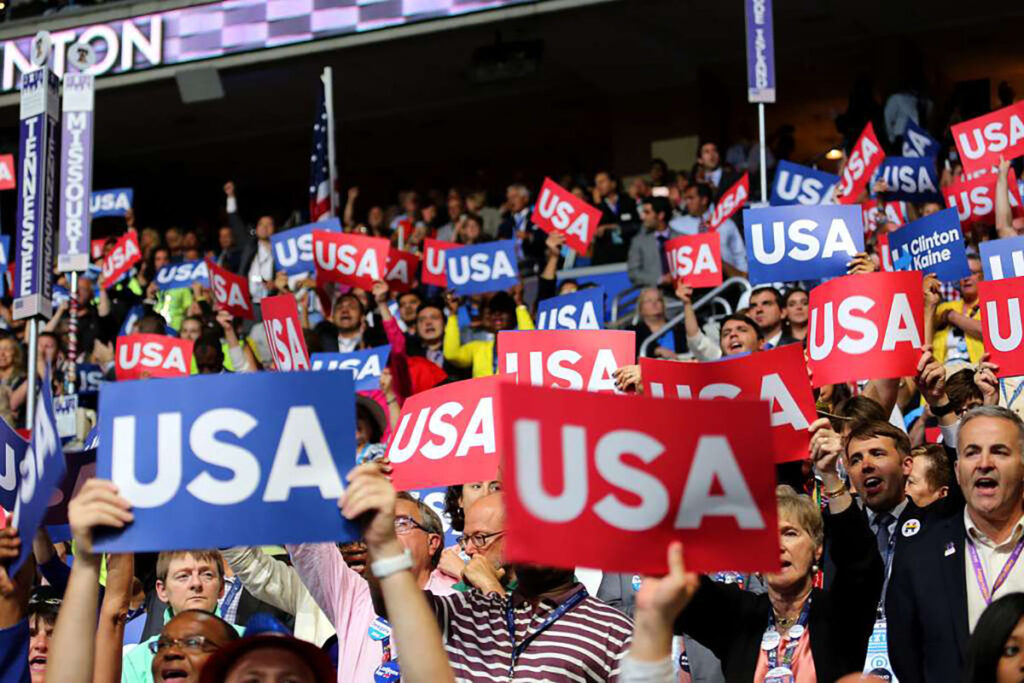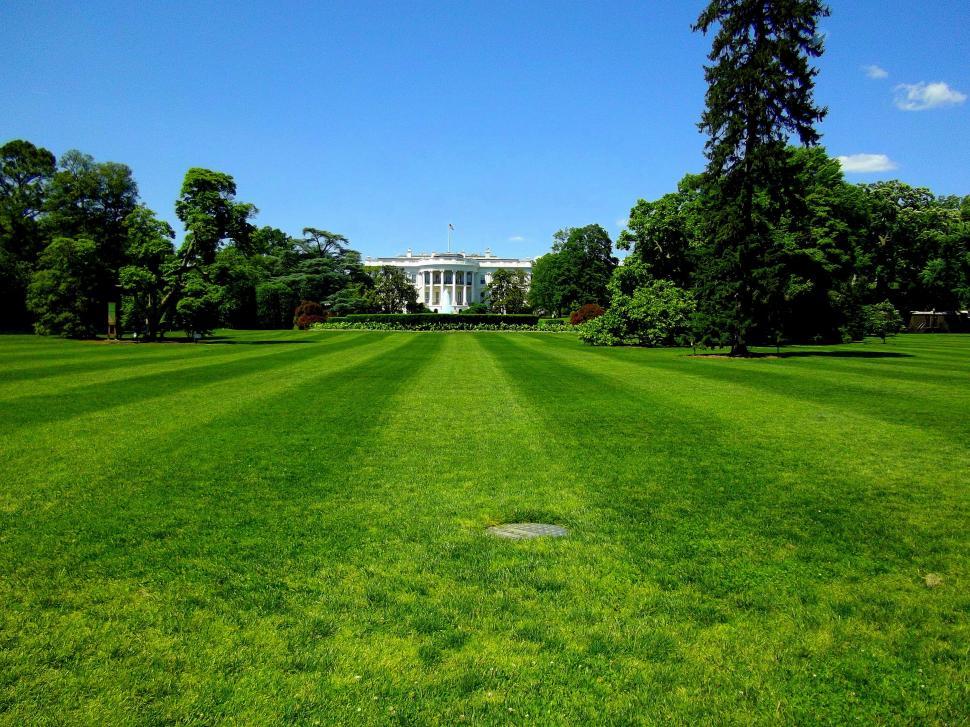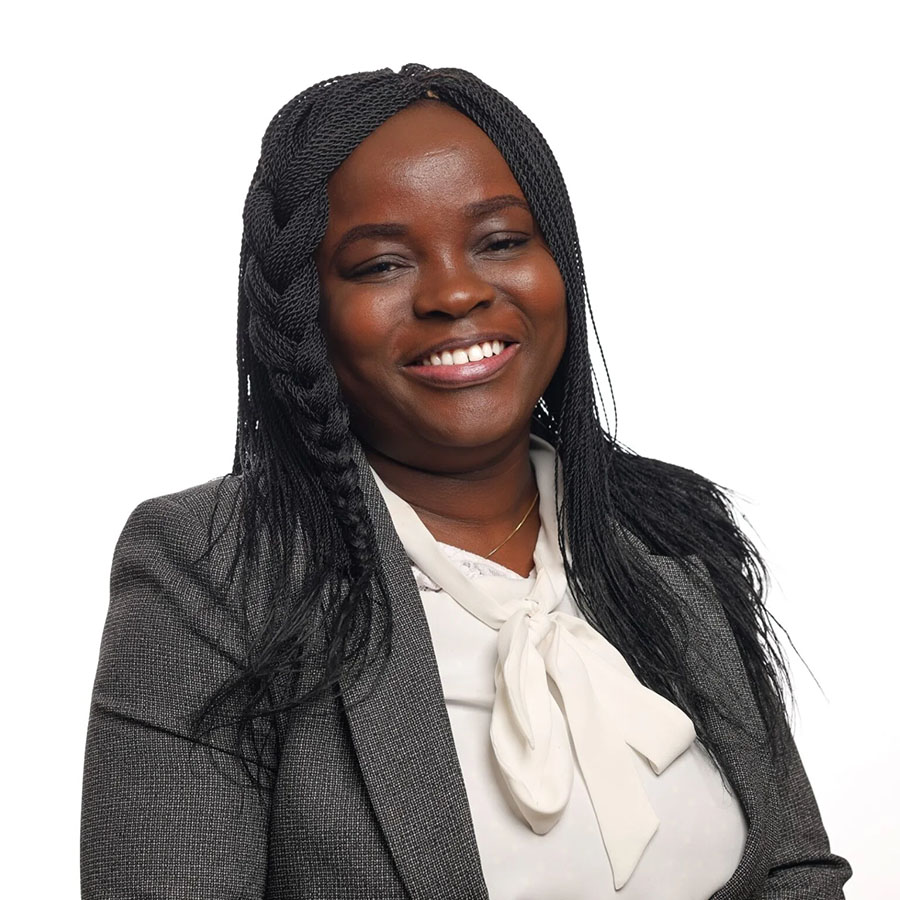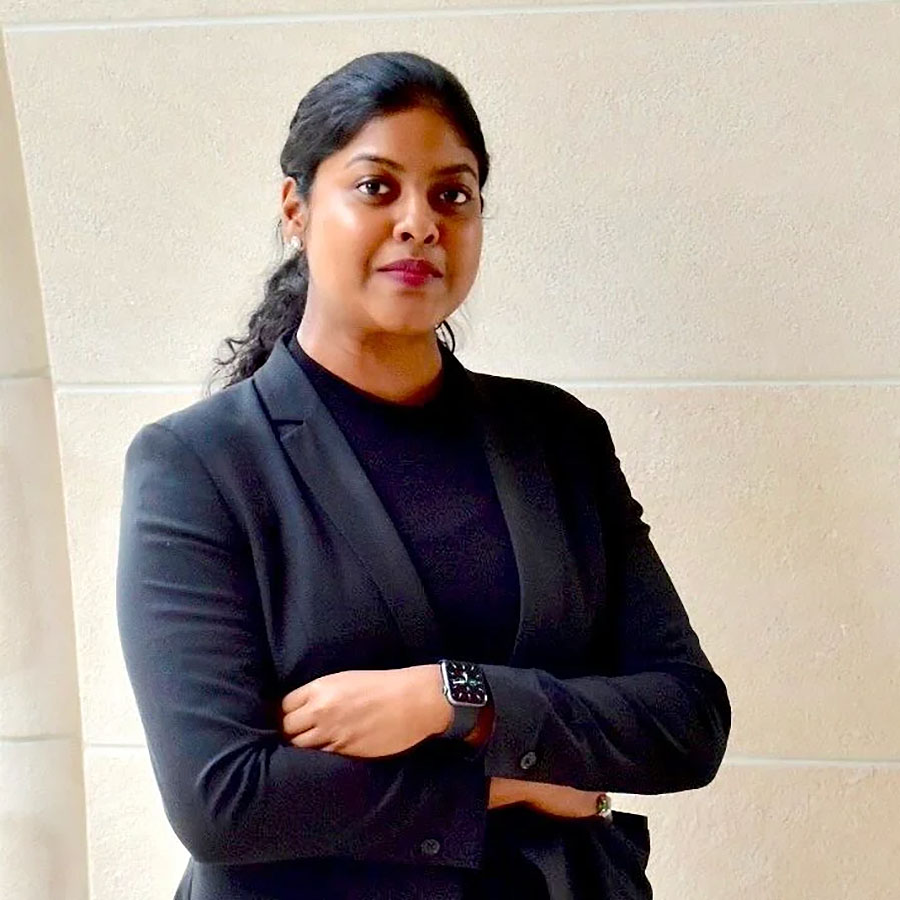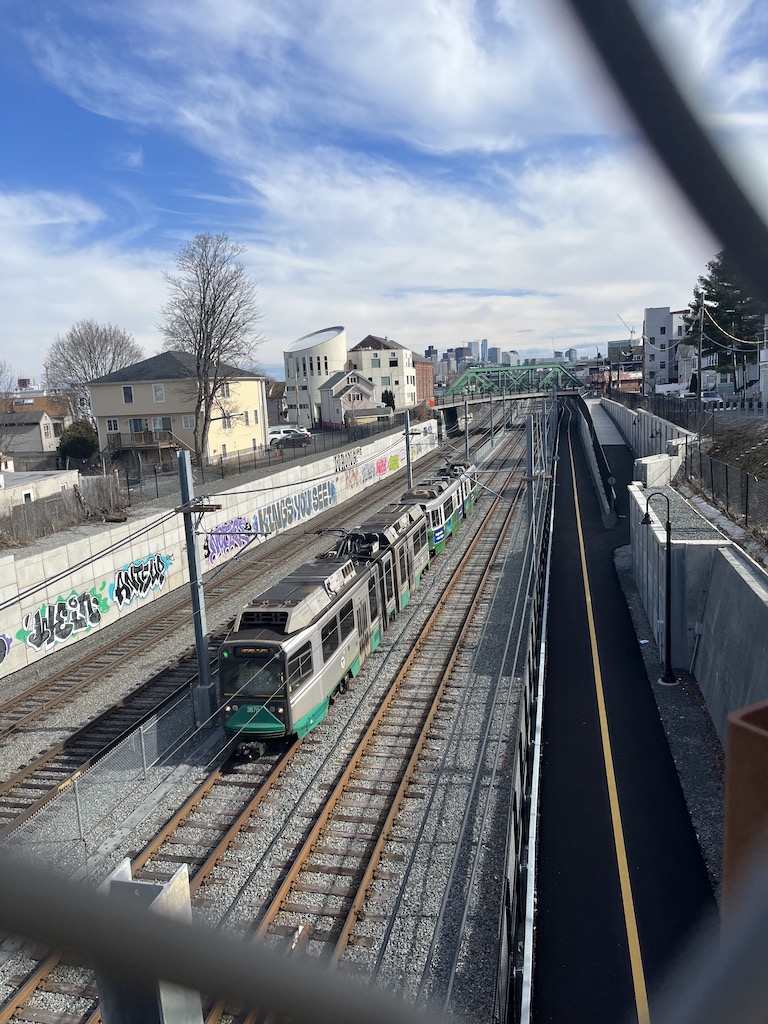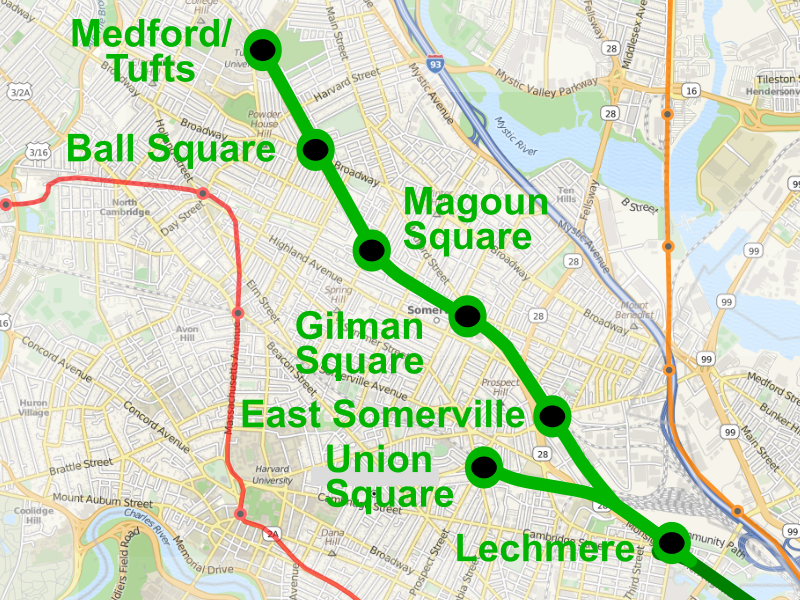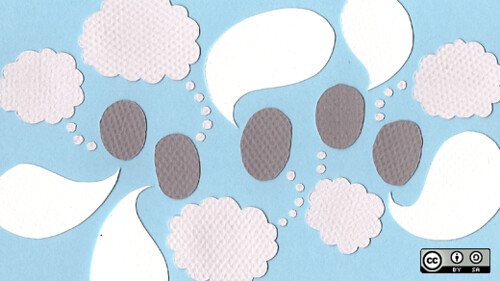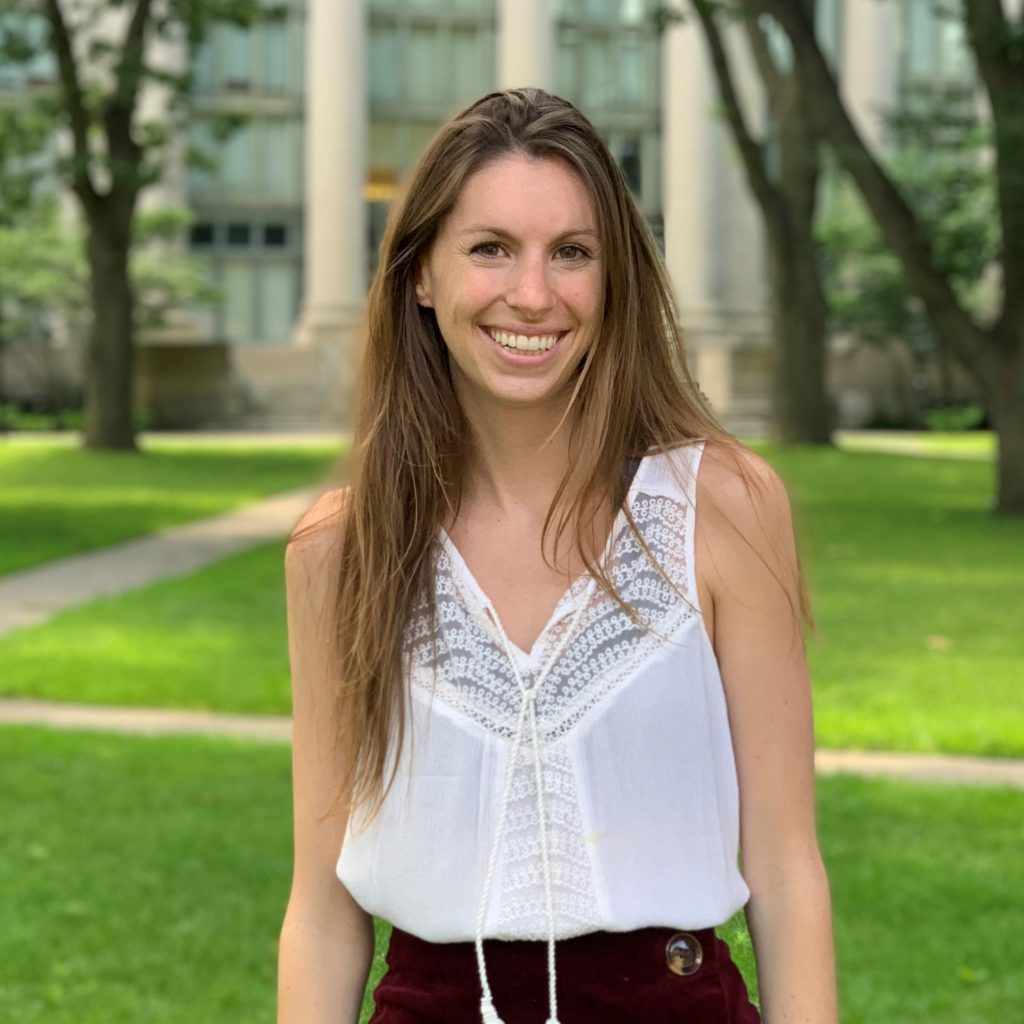 The Garner and Brown grand jury decisions heralded into the spotlight the language of #BlackLivesMatter, #HandsUpDontShoot and #ICantBreathe. Emblazed on posters, twitter, and many of our psyches, these were not responses to a unique social and political moment, but rather the headlines of a movement generations in the making. As Alternative Dispute Resolution (ADR) professionals, peace-builders, negotiators, and facilitators, we are in the business of phraseology. We understand the weight a word can carry.
The Garner and Brown grand jury decisions heralded into the spotlight the language of #BlackLivesMatter, #HandsUpDontShoot and #ICantBreathe. Emblazed on posters, twitter, and many of our psyches, these were not responses to a unique social and political moment, but rather the headlines of a movement generations in the making. As Alternative Dispute Resolution (ADR) professionals, peace-builders, negotiators, and facilitators, we are in the business of phraseology. We understand the weight a word can carry.
During late nights mired in self-reflection, I attempted to locate myself as an ally in this vocabulary and movement. I am a white, cisgender Latina, a dedicated ADR student, and an advocate-in-training. The purpose behind my presence and word-choice teetered between my natural favor for peace building and my trained urge for advocacy. Protest is purposefully disruptive. Disruption creates some level of inconvenience, or even harm, for others. I thought deeply about how protest could be equally disruptive and peaceful. If these tenets could not coexist, I felt I had to choose. Some said peace was the path of complacency. Others called disruption the path of violence. As an ADR student, and someone committed to both equality and the reduction of harm, how should I demonstrate?
At marches and rallies I tried to unpack this question. I found myself engaging with some chants more fervently than others. I avoided mantras that assigned blame. Sometimes, I even marched silently. I contemplated whether my confusion was merely cowardice in disguise. When I looked outside of myself, however, I realized I was not alone. Negotiating one’s engagement in this movement was intensely personal, resurfacing traumas for many, and leading to fundamental self-doubt in others. Being a part of some powerful actions inspired me not to focus on the parameters around my own activism, but rather on what I could do to support the community around me. Whether in my role as an ally or ADR student, the first step was easy: active listening.
Operating outside my own thoughts, I realized I was not the only one for whom these acts of solidarity were also sites of negotiating within. Though participants marched in unison, each individual was fueled by a unique purpose and story. Speakers in open forums shared the different ways this movement should take shape or articulate itself. Others searched for answers. Some used these spaces to connect with a community struggling with deep senses of loss, exhaustion or pain. As someone who cares about creating low-risk spaces for individuals to process and vocalize, these spaces were critical and humbling to be a part of. At the same time, I wondered if they were conducive for the dialogue individuals called for. Dialogue necessitates active listening. Active listening requires stepping outside your own thoughts, so that you might consider others’ experiences and perspectives. Sitting at a rally, I heard individuals so rightfully embroiled in their own processing, that removing themselves from their personal narratives seemed to present serious challenges. If listening was difficult, dialogue would be near impossible. Should it be up to participants themselves to moderate and guide dialogue? Should dialogue even be an option in a moment so raw?
Participants likely knew that they would not be debated or have their authorities questioned in environments of solidarity. This also meant that without a facilitator or structured process, there was little opportunity to introduce tools that might move from the group from sharing to listening, and from listening to coalition building or strategizing. How might a facilitator have impacted the group’s ability to hear one another? How comfortable did people feel asking clumsy and potentially hurtful questions? Was there a way for people to be met where they were in terms of their history and interface with these issues? What would be a productive way of capturing lessons learned in real-time without alienating vulnerable participants?
Each form of demonstration enriches a movement. Martin Luther King, Jr. said,
“We are at the moment when our lives must be placed on the line if our nation is to survive its own folly. Every man of humane convictions must decide on the protest that best suits his convictions, but we must all protest.”
This is our call. However else you might choose to engage in protest, it is undeniable that ADR professionals are equipped with tools to help support and mobilize movements. We must employ our intimacy with wording and process to help structure the dialogues individuals are quite literally crying for. As American society shifts further into an awareness of its inequality, it also grows more frustrated by the systemic nature of its faults. This dynamic promises the challenge of long-term and recurring conversations where ADR professionals may play a crucial role, not limited to negotiations between individuals and the state, or discourses between state representatives and their constituents. Facilitating these conversations, empowering individuals to process their identities within conflict, equipping individuals with the tools to have difficult conversations—this can be our activism. In fact, it should be, because #BlackLivesMatter.

